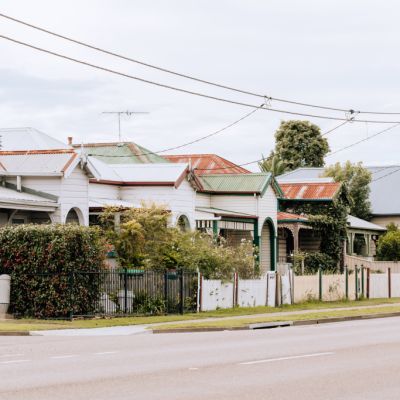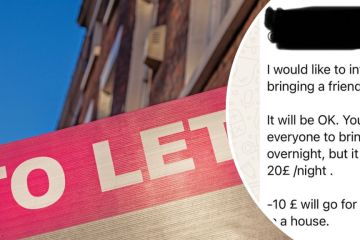Five surprising reasons your home loan could be rejected

Australians could face home loan rejections due to little-known issues that can greatly influence the outcome, with some unknown factors making it harder for brokers to be able to submit applications in the first place, mortgage brokers say.
While the home loan application process can be a complex and arduous one, many buyers remain confident that they understand the risks. But do they?
Here are some particularly surprising reasons for home loan refusals, along with ways in which prospective home owners can improve their chances of approval.
1. You keep inactive credit cards
The average Australian might not have given much thought to their unused credit cards, stuffed long ago into their wallets, paid off and forgotten about.
However, those cards can be grounds for a home loan refusal, regardless of whether or not they have been paid off.
With inactivity, there’s a risk of the bank closing the account, and banks are not required to notify their customers if this was to occur.
If a credit card is closed by the bank – rather than being actively closed by the customer – it could impact their credit score, says Domain Home Loans chief executive Kareene Koh.
“A way to improve your borrowing power is to close down any old credit cards or other personal finance that you may have,” she says. “Even if you are not actively using it, it will still count when the bank is assessing your serviceability.”
2. You have a ‘high-risk’ credit history
When it comes to home loan rejections, weak credit doesn’t necessarily signify that people have had bad debt such as defaults.
Rather, it can mean they have demonstrated high-risk characteristics like excessive enquiries for unsecured debt in the form of credit cards, unsecured personal loans and the use of payday lenders, says Domain Home Loans specialist Gregory Boustead.
He cites many cases where the applicants don’t actually require a credit card but like to obtain special offers without realising the impact it will have on their credit history.
“This is not to say that people should not apply for credit cards and such,” Boustead says. “They just need to be wary that excessive applications for unsecured debts can negatively impact their credit score as it can create the appearance of poor money management.”
3. You’re lacking genuine savings
While it’s well known that people need hefty savings to buy property, Domain Home Loans specialist Marcus Russell says it’s not necessarily well understood.
“Most people are told by family, or perhaps another friend, [that] they need five per cent of the purchase price. But it’s actually five per cent plus costs – that is, something closer to eight to nine per cent to account for potential partial, or full, stamp duty and lender’s mortgage insurance.”
If you’re not certain that you have enough to cover all the hidden costs, it’s a good idea to set a budget and save an overflow amount to cover all bases and even access more options, Russell says.
4. You’re self-employed and have been given government grants
Some businesses are awarded grants by the government. However, many don’t know these grants are deducted from their overall earnings, effectively reducing their borrowing capacity. Russell describes it as a “big one” that many people don’t know they could be rejected for.
“The solution is to make sure you mention this to your broker upfront. There are slowly more and more banks who are looking at this more constructively,” Russell says.
5. The bank doesn’t like the location or type of property you’re trying to get a loan for
Sometimes, home owners find themselves unable to get approved for a new home loan as the property or location is too high-risk.
From the type of property to the likelihood of flooding and fires, and even the suburb you want to buy in – all can have an impact on whether you’ll get the green light from lenders, brokers say.
“The bank may have lent too much to purchasers in a particular suburb, so if that suburb has a drop in property values the bank is taking on a significant risk,” Boustead says.
And that’s not all – home owners can also find themselves rejected from refinancing their existing home.
“Earlier this year a client was looking to refinance but wasn’t able to do so as their property was rezoned to be in a bushfire risk area,” Boustead says. “As the property was not connected to water mains and only had access to tank water, no banks would refinance as it was seen as too high of a risk.”
We recommend
States
Capital Cities
Capital Cities - Rentals
Popular Areas
Allhomes
More










